James Joyce, born on February 2, 1882, in Dublin, Ireland, is widely celebrated as one of the most important writers of the 20th century. Known for his innovative narrative techniques and multi-layered, often allusive prose, Joyce forever altered the direction of contemporary literature. Raised in a large middle-class Irish-Catholic family, Joyce’s Catholic upbringing and education in Ireland deeply influenced his writings and laid foundations for his thematic concerns about identity, relationships, and the complex intertwining of past and present.
Though he spent much of his adult life living abroad, Joyce’s deep attachment to his Irish homeland is evident in his works, which draw extensively on Dublin’s everyday life and its inhabitants. His literary debut, “Dubliners,” a collection of 15 short stories, seeks to encapsulate the complexities and paradoxes of Dublin life. Joyce’s other major works include “A Portrait of the Artist as a Young Man,” “Ulysses,” and “Finnegans Wake” – each is notable for its unique employment of stream-of-consciousness technique, pushing the boundaries of internal monologue, language, and plot structure.
Despite battling eye troubles and other health issues throughout his life, Joyce’s unwavering commitment to his craft marked him out as a pioneer in modernist literature. His critical explorations of life, death, religion, politics, and culture have earned him a place of reverence in the global literary canon. Joyce’s works continue to provoke reflection and debate and, even a century later, they retain their capacity to shock and startle. James Joyce passed away on January 13, 1941, in Zurich, Switzerland, but his profound influence on the world of literature is an enduring legacy.


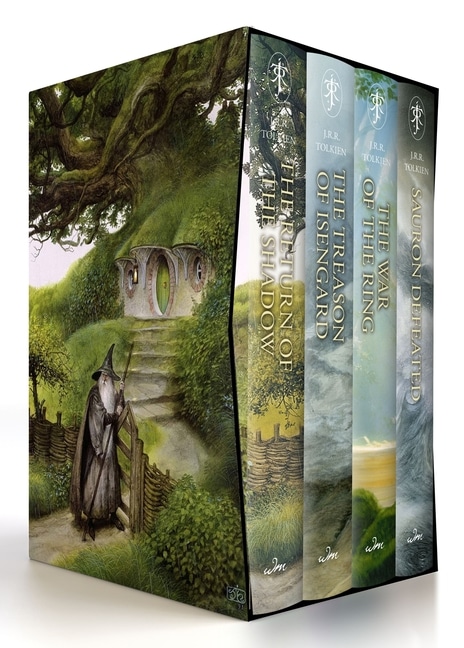

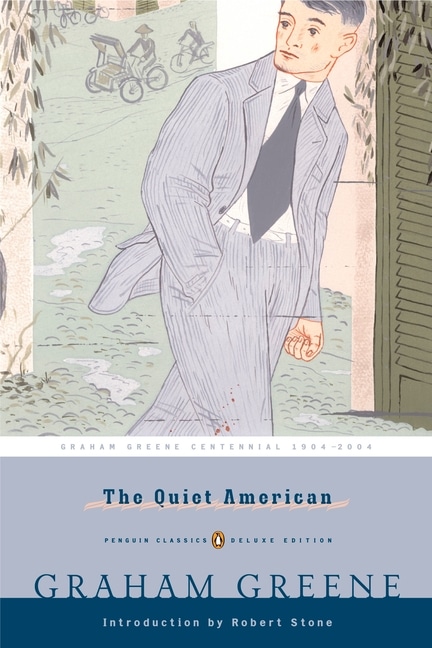
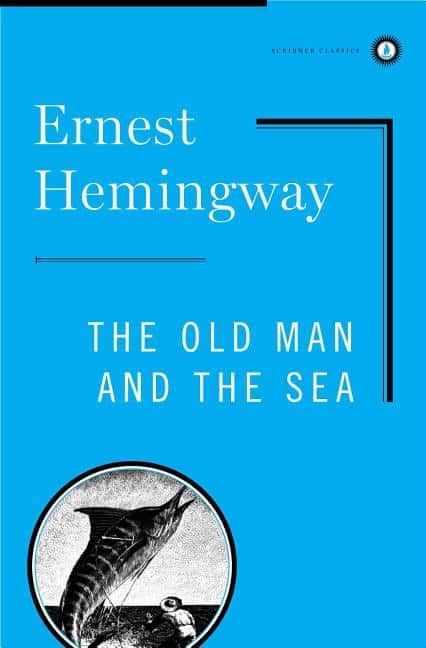
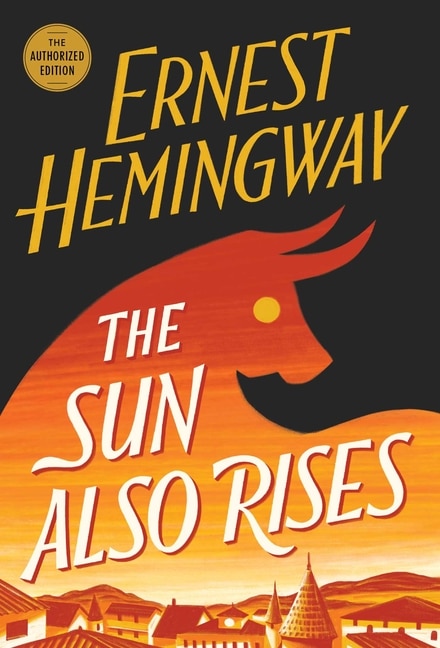

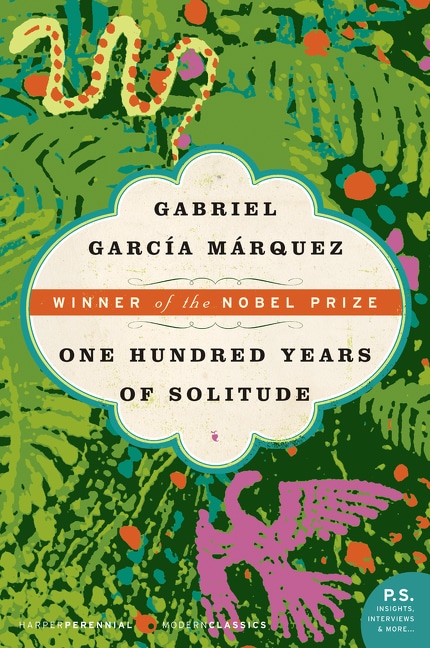

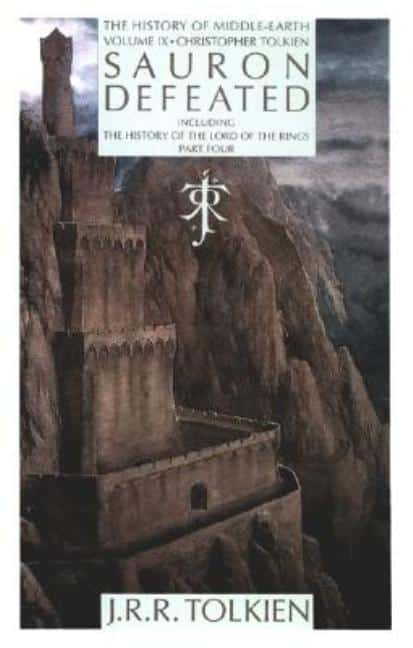
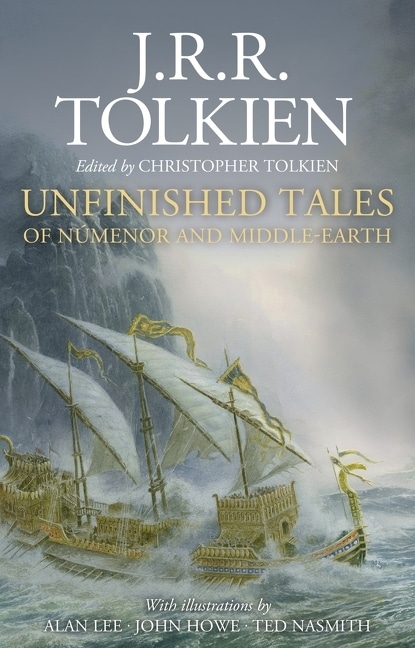
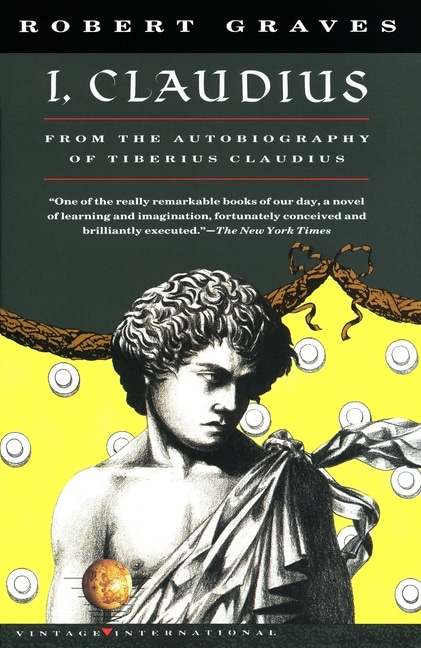

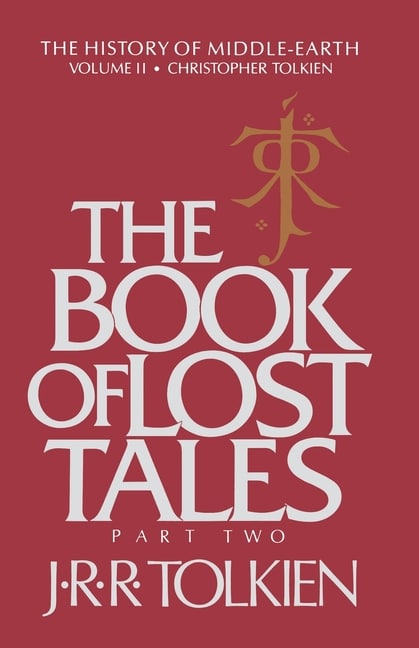

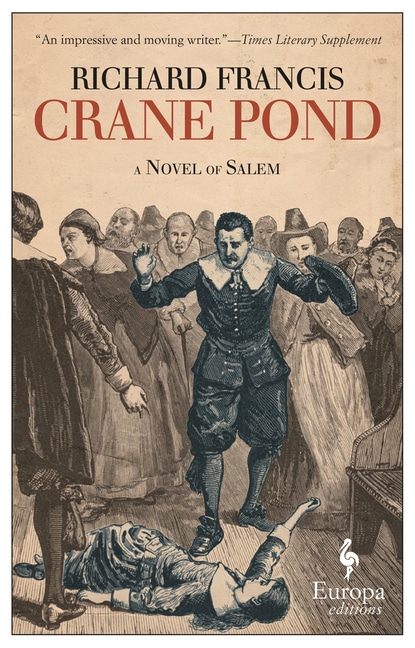

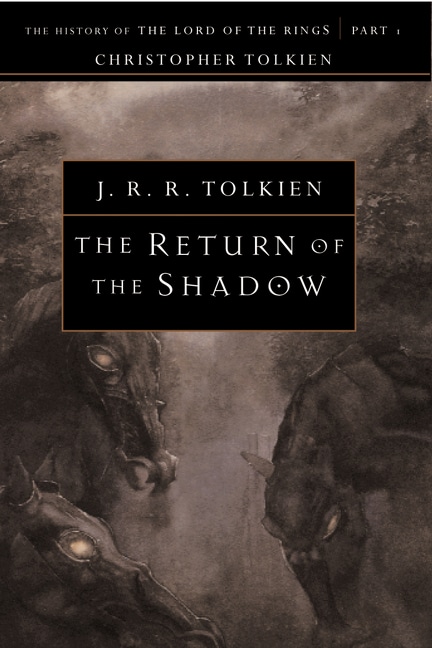
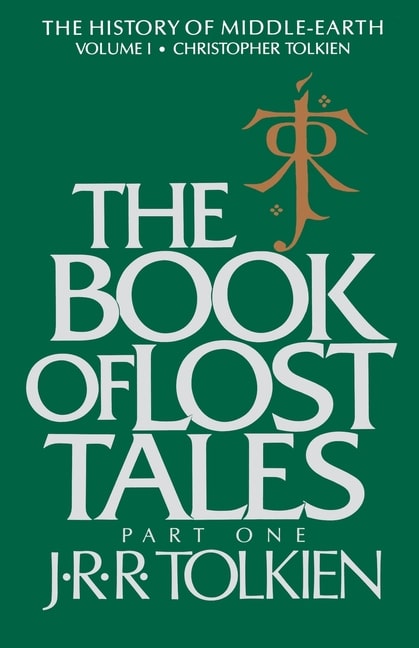
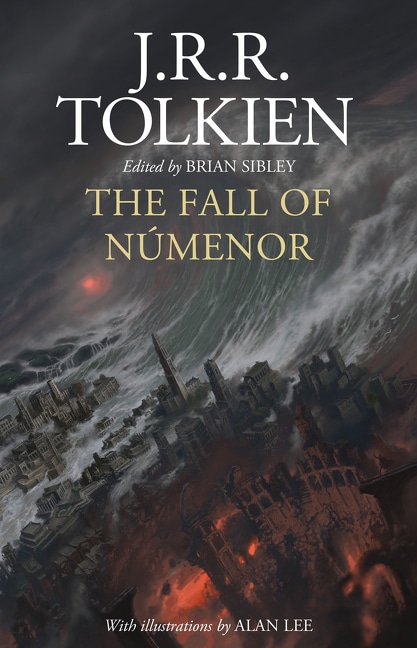
Reviews
There are no reviews yet.